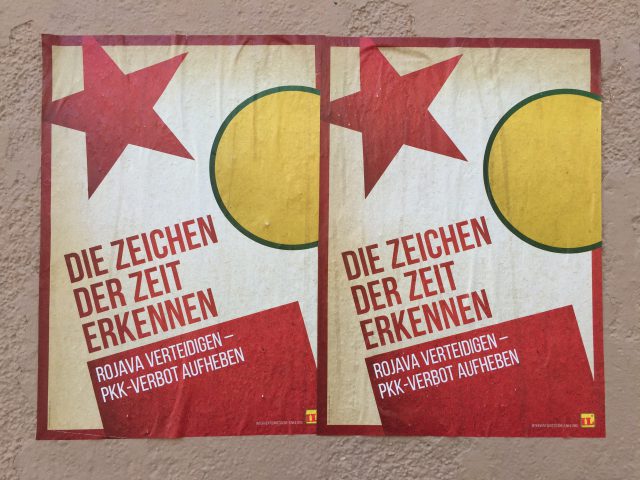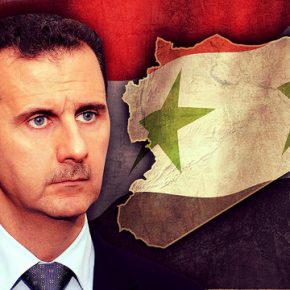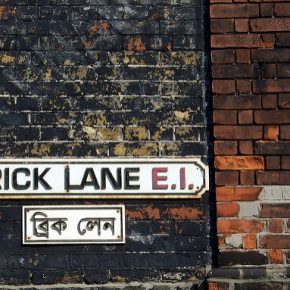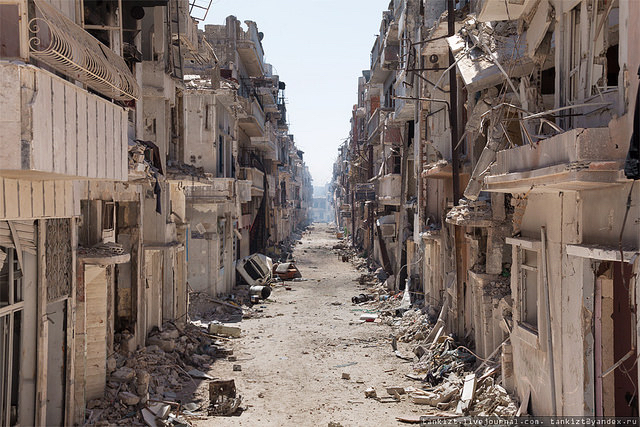In the dystopia that is the Mideast, Rojava stands out. Few regions of the world are more synonymous with hopelessness. But this tiny leftist enclave in Syria, where gender and social equality are co-equals, bucks the norm. And then some.
That such an event would take place in the Levant, no one could have predicted. Indeed, for all the breakthroughs promised by the Arab Spring, this is the only one that worked. Who knows, for however long. Particularly given its US backing.
Still, Syria’s Kurds are the first Third World liberation movement to emerge since the Zapatistas, and as such, have captured the hearts and minds of leftwingers throughout Europe and North America. They’re the revolutionaries du jour.
They’re so hip, even Rolling Stone ran an article – predictably late to the game – about foreign anarchists joining the regional militia, the People’s Protection Units (YPG), zeroing on a twentysomething Jewish punk guy from San Francisco.
Given its large Kurdish community and decades-long history of Middle East-focused activism, Berlin remains at the forefront of foreign activist interest in Rojava. The following flyer and translation provides one such example, as does the lead photo.
Operation Mobile Hospital
Fundraising campaign for a mobile hospital for the region Rojava/Northern Syria/Northern Iraq.
Five years of civil war, destroyed infrastructures, a humanitarian embargo and hundreds of thousands of internally displaced people. Large parts of the population are cut off the already sparse medical supply. Every day the conflicting parties attack civil society, health centres and hospitals. This is what the current situation in Syria looks like. Medical aid is more than necessary.
The plan
We from “Cadus – redefine global solidarity“ will act and take a mobile hospital to Northern Syria (Rojava) and Northern Iraq. A health clinic on four-wheel drive trucks can be positioned wherever needed thus providing health care to even remote areas. It also reduces the risk of the clinic to suffer an attack.
The hospital will have enough capacities to admit up to ten patients and run for at least one month without supplies from outside. It will also allow us to train paramedics to ensure an adequate supply of medical staff on the ground.
Current status
We’ve already bought the first truck and started our reconstruction works. Now we need your financial support to continue. Together we can combat the causes of flight and get the mobile hospital rolling.
Translated from the German by JZE. Photographs courtesy of Joel Schalit.






